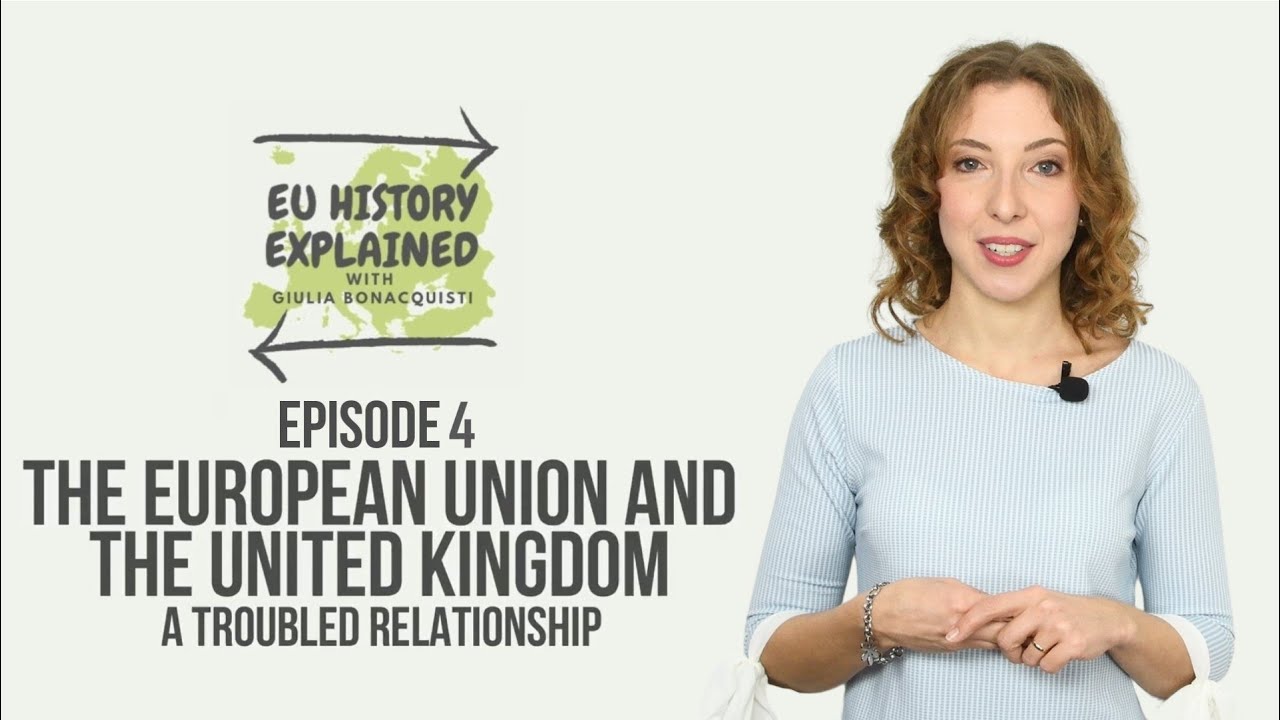Why UK 🇬🇧 is going Bankrupt? : Detailed Economic Case Study
Summary
TLDRThe video script discusses the United Kingdom's economic decline, attributing it to the aftermath of Brexit and the country's over-reliance on the service sector. It highlights the UK's high debt, labor shortage, stagnant productivity, and rising poverty and inflation. The script also draws lessons for India, emphasizing the importance of a strong manufacturing sector, prudent economic decision-making, and the balance between self-reliance and globalization.
Takeaways
- 🏛️ The UK was once a symbol of power and heritage due to its colonial looting history.
- 📉 The UK is experiencing its worst economic and social crisis as of 2024, with a debt level of 99.5% of its GDP.
- 🔄 The UK's workforce is shrinking due to long-term sickness, and productivity has been stagnant since the 2008 crisis.
- 🚑 The UK's healthcare system is strained, with 45% of patients waiting over 4 hours in emergency and a shortage of nurses.
- 📦 There is a significant labor shortage in the UK, with over 100,000 truck drivers needed and a decline in workforce participation.
- 📈 The UK is seeing a sharp increase in absolute poverty and high inflation rates above 11%, the highest in 40 years.
- 🛑 The UK's economic situation is dire, with 2 million people going without food for at least one day in a month.
- 🗳️ Brexit, the UK's decision to exit the EU, started a series of economic challenges, including trade disruptions.
- 🤝 The European Union provided significant benefits to member countries, including free movement of goods, services, and people.
- 🚚 The UK's service-driven economy is vulnerable to economic shocks and lacks the employment and resilience benefits of manufacturing.
- 🌐 India can learn from the UK's crisis to prioritize manufacturing growth, the importance of globalization, and the pitfalls of isolationist policies.
Q & A
What was the historical significance of the United Kingdom's colonial looting?
-The United Kingdom was once a symbol of power and heritage due to its 200 years of looting colonies like India, which contributed significantly to its wealth and global influence.
What is the current economic situation of the UK as of 2024 according to the script?
-As of 2024, the UK is experiencing its worst economic and social crisis in history, with a debt level of 99.5% of its GDP, a stagnant productivity since the 2008 crisis, and a labor shortage, including over 100,000 truck drivers.
How does the UK's debt level compare to other European countries like Germany, Ireland, and India?
-The UK's debt level stands at 99.5% of its GDP, which is significantly higher compared to Germany at 63.7%, Ireland at 42.5%, and India at 58.2%.
What are the implications of the UK's workforce leaving due to long-term sickness?
-The UK's workforce leaving due to long-term sickness contributes to a shrinking labor pool, which in turn exacerbates the labor shortage and negatively impacts the economy.
What is the current state of the UK's healthcare system according to the script?
-The UK's healthcare system is struggling, with hospitals falling short of nurses and 45% of patients waiting for over four hours in emergency situations.
What is the impact of the UK's labor shortage on its economy?
-The labor shortage in the UK, particularly with over 100,000 truck drivers, is causing disruptions in supply chains and contributing to the rise in absolute poverty and inflation, which is above 11%.
What was the historical context that led to the formation of the European Union?
-The European Union was formed after World War II when European leaders realized that acting as individual countries would lead to wasteful competition and conflict. The initial European Coal and Steel Community was formed to share resources and access, which evolved into the European Union with 27 member countries.
What were the three major advantages that countries gained by joining the European Union?
-The three major advantages were the freedom of movement for EU citizens, the free movement of goods, services, and capital across national borders, and the collective bargaining power in trade negotiations as a single entity with a large population and high per capita income.
Why did the UK decide to exit the European Union?
-The UK decided to exit the European Union due to several reasons, including feeling that the EU benefited more from the UK than vice versa, concerns over immigration, and the belief that the UK could negotiate better trade deals individually.
What are the three major lessons India can learn from the UK's economic crisis?
-The three lessons are: 1) Not to consult uninformed people for critical economic decisions, 2) The importance of growing the manufacturing sector alongside the service industry for economic stability and job creation, and 3) The necessity of balancing self-reliance with globalization for economic growth.
What is the role of Scaler School of Business as mentioned in the script?
-Scaler School of Business is an educational institution offering a full-time 18-month PG program in management and technology, taught by industry leaders. They provide real-world projects, opportunities to build and market businesses, and access to over 1,200 company partners, with scholarships available for students.
Outlines

このセクションは有料ユーザー限定です。 アクセスするには、アップグレードをお願いします。
今すぐアップグレードMindmap

このセクションは有料ユーザー限定です。 アクセスするには、アップグレードをお願いします。
今すぐアップグレードKeywords

このセクションは有料ユーザー限定です。 アクセスするには、アップグレードをお願いします。
今すぐアップグレードHighlights

このセクションは有料ユーザー限定です。 アクセスするには、アップグレードをお願いします。
今すぐアップグレードTranscripts

このセクションは有料ユーザー限定です。 アクセスするには、アップグレードをお願いします。
今すぐアップグレード関連動画をさらに表示

The Fall of the British Economy? | Economic Case study

British Agriculture Is About To Suck Even More || Peter Zeihan

The European Union & the United Kingdom: A Troubled Relationship | EU History Explained Episode 4

‘I wish it never happened’: Brexit brings disappointment for Grimsby’s fishing industry

The Philippines Industrialization: A Disaster

Pakistan Economic Crisis: Why Pakistan's Economy Keeps Collapsing ?
5.0 / 5 (0 votes)
